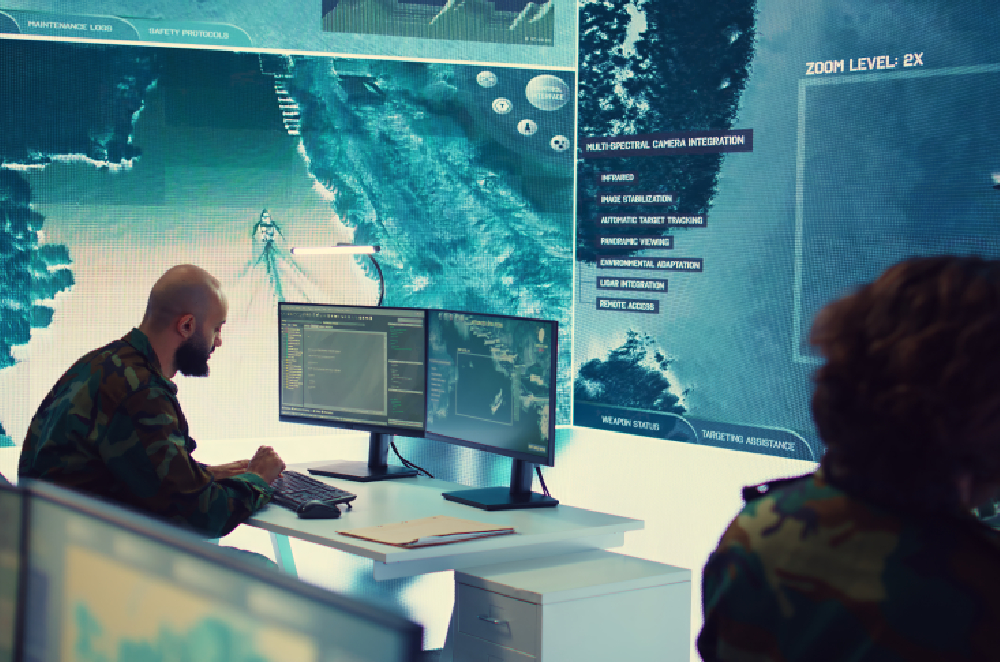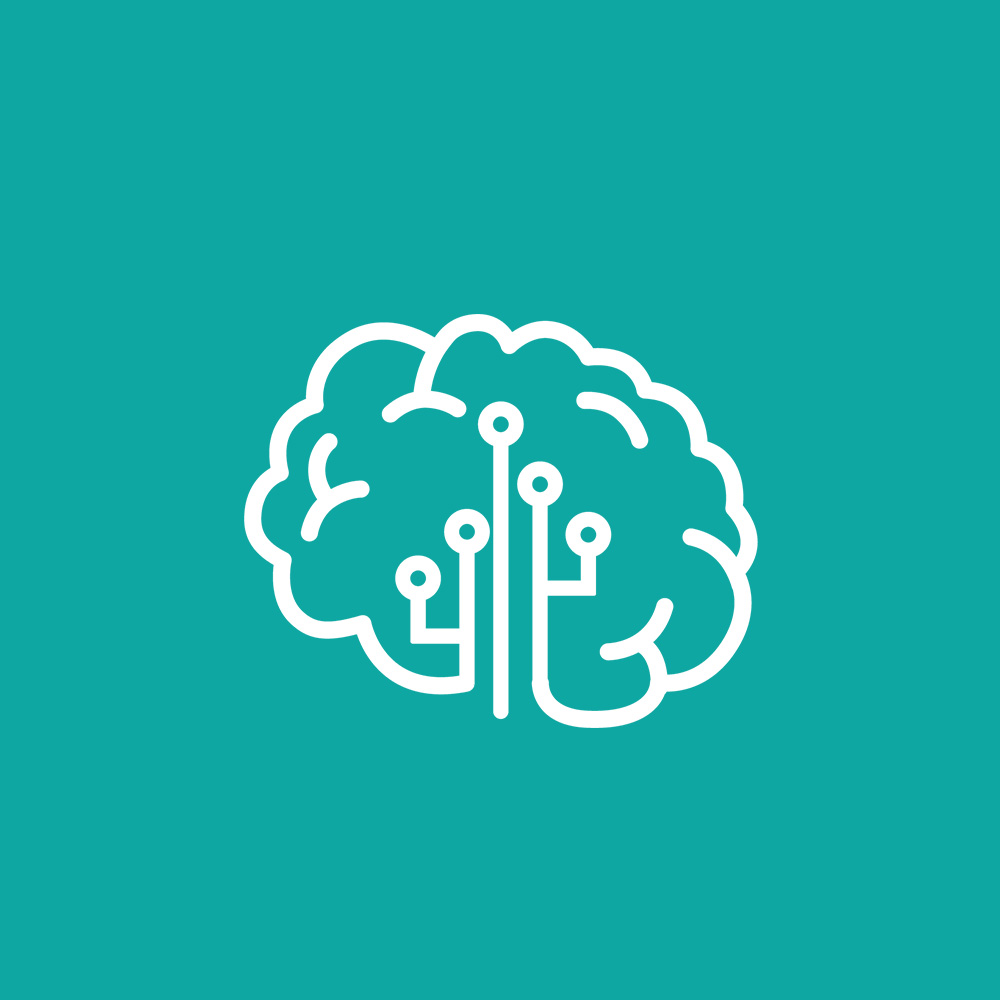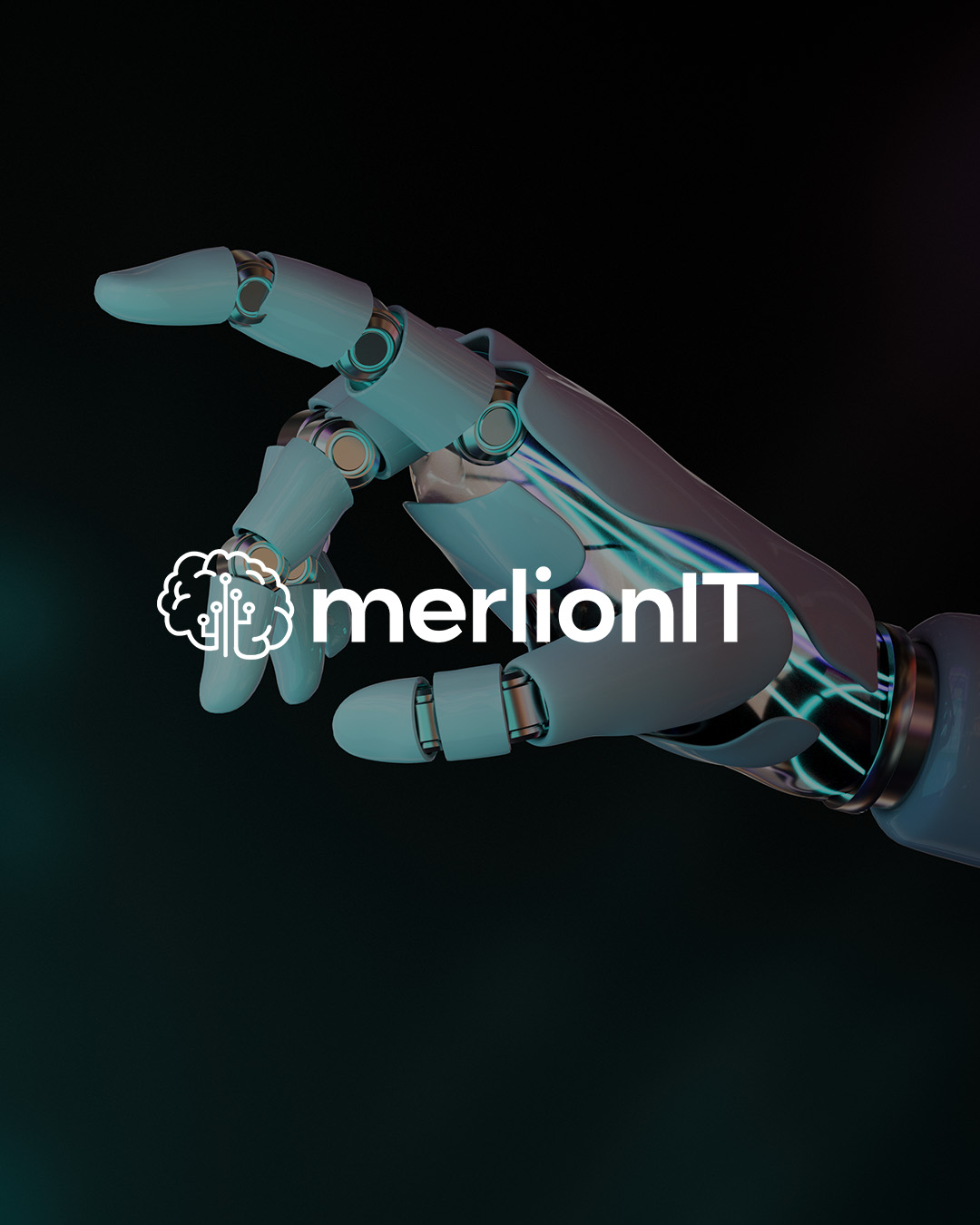Autonomous agents will be fundamental in the implementation of AI on the Canary Islands

Artificial intelligence (AI) is undergoing unprecedented acceleration worldwide, as seen in the recent launch of the DeepSeek AI application by the Chinese startup High-Flyer. This development has had a significant impact on the U.S. stock market, particularly affecting technology companies such as Nvidia. In the Islands, the recent emergence of tech startups and the democratization of this technology are transforming the economic and business landscape of the archipelago. Companies that have been investing in digital transformation for years are discovering that AI is a key ally in improving productivity and competitiveness, while those that have not yet begun this process face significant barriers to implementation. David Macías, an artificial intelligence expert in the Canary Islands, states, “At this moment, we are experiencing an exciting time, especially for those of us who have been immersed in this field since 2017. With this democratization brought by DeepSeek, I believe this will open many doors for the market and accelerate the long-awaited digital transformation in every aspect.”
Macías, a professor and founder of AI-OS.es, explains that “the ecosystem in the Canary Islands is divided between companies that have worked on their digital transformation over the past decade and those that have fallen behind.” Lack of knowledge and training remains one of the biggest barriers to AI adoption, highlighting the need for educational initiatives and training programs. “We always conduct a ten-hour introduction to teach a bit about the paradigm they are in and the direct improvement possibilities,” says Macías. There are also various subsidies aimed at improving businesses and digitalization, making it easier for more companies to adapt to this new paradigm. However, a lack of knowledge about European regulatory frameworks and the ethical and cybersecurity implications of AI presents a challenge for many institutions that have yet to embrace this technology.
In strategic sectors such as tourism, AI can play a crucial role in optimizing resources, personalizing services, and enhancing the customer experience. Additionally, in public administration, its implementation can help reduce waiting times in bureaucratic processes, improve efficiency in healthcare management, and facilitate access to services through virtual assistants. “Providing citizens with all this information in real-time is something that, ten years ago, would have required a lot of technical effort, but now it can be accelerated by 60 or 70%,” says Macías. AI-based technologies can automate repetitive processes and improve real-time decision-making. For example, in Social Security or medical appointment management, “response times could be reduced, and resource planning could be improved, alleviating the burden on administrative systems.”
The future of work and ethical challenges
One of the biggest debates surrounding AI is its impact on the job market. While some companies see this technology as a way to reduce costs through task automation, experts like David Macías emphasize that “the key lies in the combination of human capability and artificial intelligence.” Technology “should not be seen as a substitute for human labor but as a tool to increase productivity and allow employees to focus on higher-value tasks.” However, AI implementation also raises ethical and privacy concerns. “It is essential to establish clear regulations to prevent data misuse and ensure that automation does not compromise security or citizens' rights. The European Union is already making progress in this regard with legislation that aims to balance innovation with user protection,” he explains.
Trends and prospects for the Canary Islands
Among the trends that will shape the future of AI in the Canary Islands are “autonomous agents,” which are systems capable of performing repetitive tasks efficiently and without human intervention. These technologies are expected to have a significant impact on the archipelago, starting next year, allowing companies to enhance their competitiveness and optimize internal processes. Over the next five years, AI will solidify itself as a fundamental pillar of digital transformation in the Canary Islands. Its impact will range from automation in traditional sectors to the creation of new business models based on data analysis and predictive intelligence.
Challenges for companies and administrations
Businesses will need to adopt this technology strategically and ethically, ensuring that its implementation benefits both the economy and society as a whole. “For me, the ability to somehow accelerate or multiply human capacity with all these tools is evident,” concludes Macías. In summary, artificial intelligence offers the Canary Islands a unique opportunity to position themselves as a reference in innovation and digitalization. The key will be smart adoption and continuous training, ensuring that AI becomes a driving force for sustainable development in the islands.
Source: Cadenaser.com
Stay up to date with the latest technological market trends and transform your business management with the best software solutions. Contact us today!



















